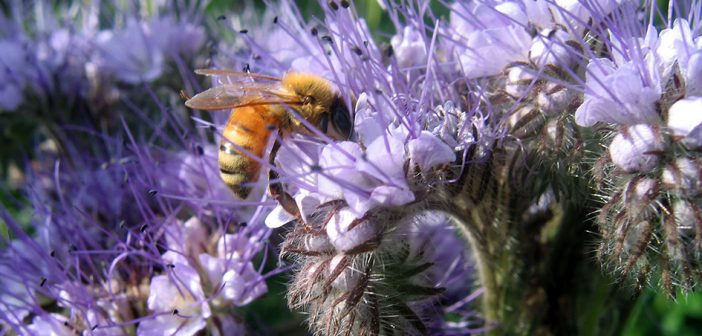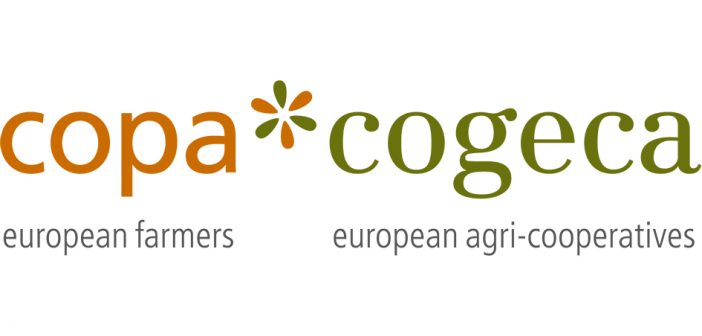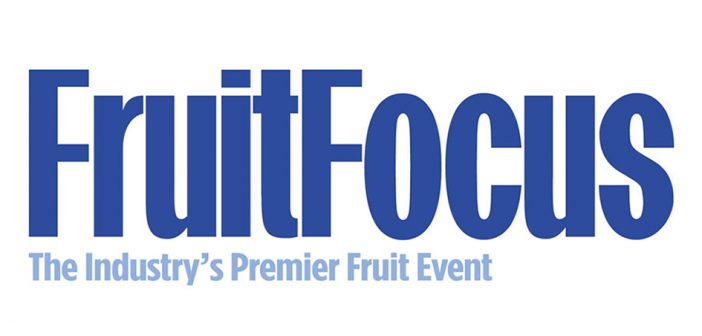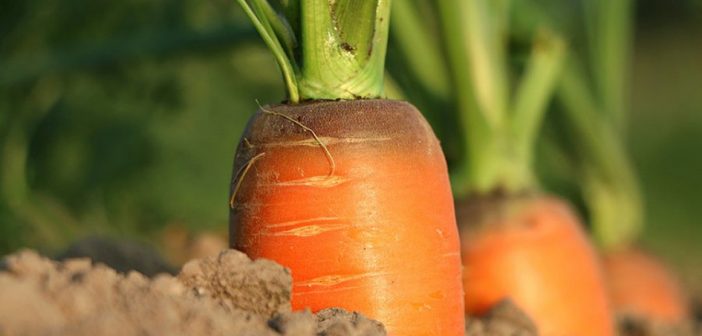Lettuce growers in the UK and further afield have warned of shortages as the hot weather and lack of rain continue for the foreseeable future.
With this summer already being claimed as the hottest since 1976, wholesale prices for lettuce and some brassicas have spiked, while home-grown and imported fruit such as strawberries and melons are also attracting high prices.
“Cabbages and icebergs are suffering because they’re getting cooked in the field, prices are tremendously high. The price of lettuce has gone from £4.80 per box to £9.60,” Chris Hutchinson, owner of Arthur Hutchinson Ltd at New Spitalfields Market.
Spokesman for the British Leafy Salad Growers Association, Dieter Lloyd, said that record sales of 18 million heads of lettuce (a 40 per cent increase on the previous year) together with hot conditions which were preventing growth could lead to a shortage of the crop.
“While it is great news that leafy salad sales are up around 40 per cent across all retailers, that’s just half the story. The record temperatures have stopped the UK lettuce crop growing. When the mercury hits 30 degrees Celsius lettuces can’t grow,” he said. In all of the major growing areas, from Cupar in Fife, through Preston, Lancs, to Ely in East Anglia and Chichester, Sussex, the hot weather has affected all our growers and we may be seeing some gaps on retailers’ shelves in the next two weeks as the heat wave continues.”
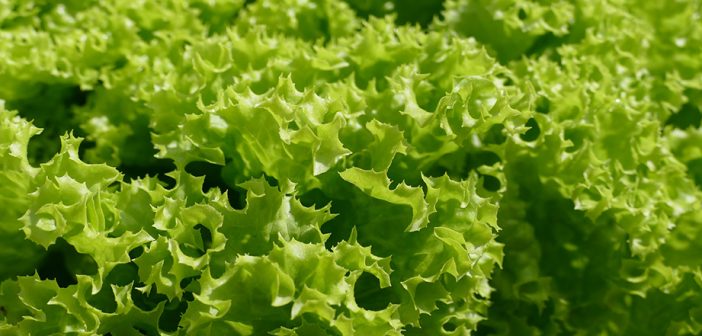
The post Lettuce supplies short due to heat appeared first on Hort News on 9 July 2018.
